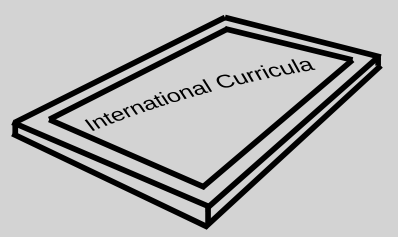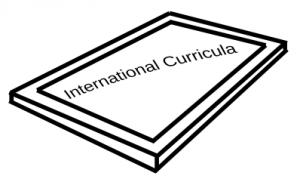Here I’m going to argue for what I believe is an unused potential from a free international curriculum. The content would include a mix of videos, audio and books and cover lessons from the whole primary and secondary school years. The potential then comes from the equal chance everyone can have at improving their education: from adult learners that have missed out on education, to refugees who can not go to school. The content should have an appropriate creative commons license so that it can be improved upon and translated. And, there should be an option to have the content running without an internet connection because the offline option increases greatly the number of places where the curriculum can be deployed or reduces the cost of internet traffic. Even if there is a national curricula, an international curricula with the best teachers could benefit the student greatly. For instance one can have web sites where students can pose their questions any time of the day. Here many people have the exact knowledge of the international curricula.
In thinking some more about this a couple questions come to mind:
- How could we run the content without an internet connection?
- What crowdsourcing models could we employ to curate the content?
- Would a model such as this help to increase access to quality educational experiences for refugees?
What do you think? Happy to hear your thoughts…
About the Author
Per Lindholm was born and raised in Sweden. He became an amateur blogger in 2008 and has kept blogging since then. His main focus is to propose innovative ideas, and to create awareness about refugee crises. He’s also worked with migrant communities, teaching them computer literacy skills.
If you’d like to repost this article on your website, please see our reposting policy.


